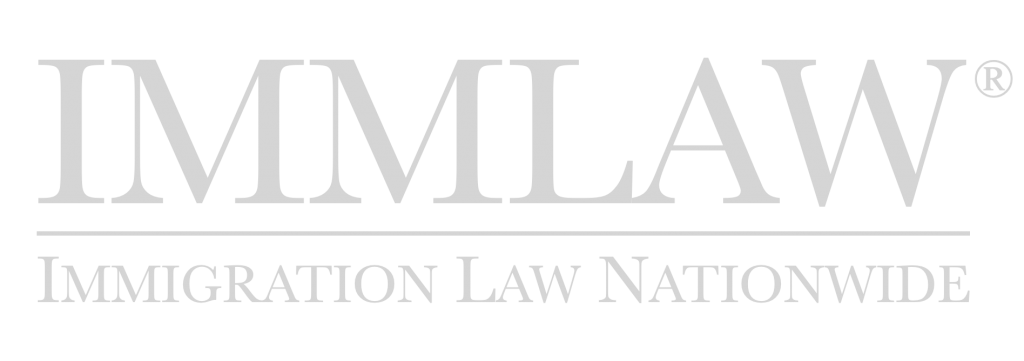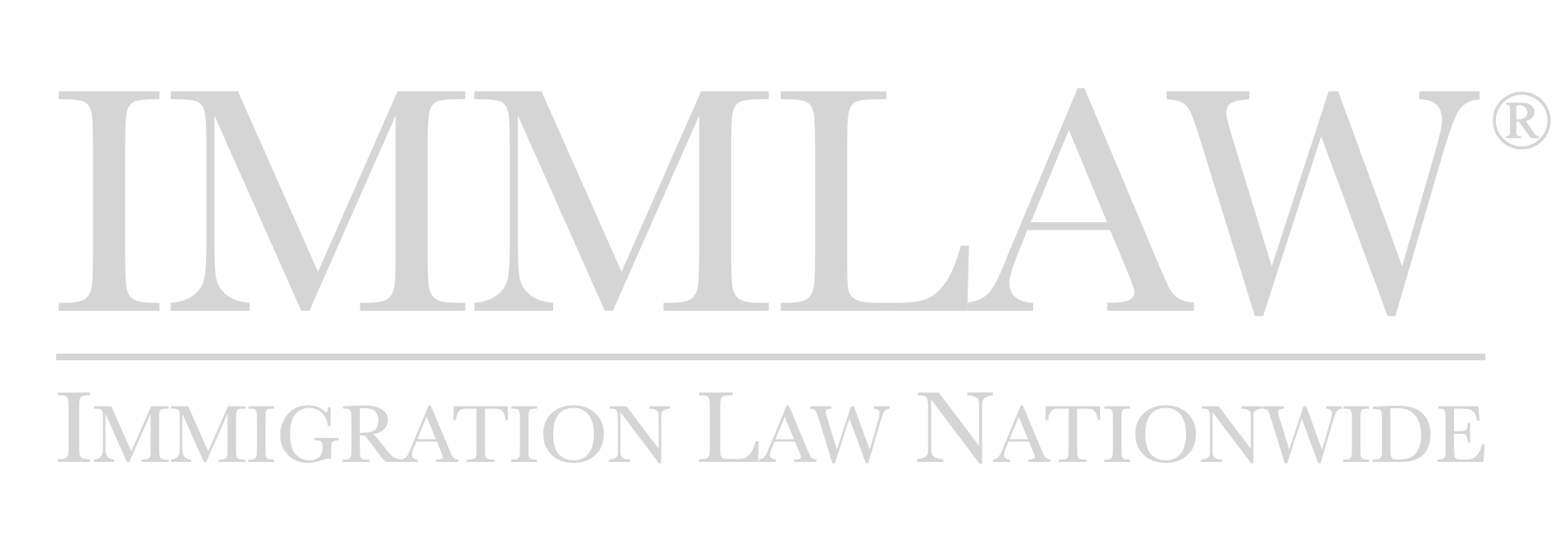
J-1 Exchange Visitors
Foreign nationals can come to the U.S. in exchange programs to pursue a wide variety of activities, such as study, training, graduate medical education, teaching, performing research, as au pairs, camp counselors, and to demonstrate their expertise.
Applying for a J visa begins with obtaining a Form DS 2019 from the J program sponsor. The applicant then utilizes this form to apply for the J-1 visa. The exchange visitor’s spouse and minor children can also apply for visas.
J exchange visitors are often subjected to the requirement, consistent with the idea of exchange, that they return home for two years to share their experiences and knowledge gained in the US.
This requirement can be waived, sometimes very easily and other times, not so easily. There are four types of waivers: no objection, interested government agency, hardship, and persecution.
The no objection waiver is the most common and easiest, if the home country is willing to provide a “no objection statement” to the U.S. Department of State. Generally, however, this type of waiver is only appropriate where there was no home-country or U.S. government funding involved in the exchange visitor’s program, and the person did not come to the U.S. to engage in graduate medical education as a physician.
Interested government agency waivers are possible where a federal agency, or in the case of physicians, a state department of public health or health-related agency, such as the U.S. Department of Health and Human Services, the Indian Health Service, the Appalachian Regional Commission, or the Delta Regional Authority, takes a direct interest in the person’s remaining the US, and recommends to the U.S. Department of State that he or she be allowed to avoid going home for two years. In the case of physicians, this normally involves working for three years in a medically underserved area.
Hardship waivers are possible where the J-1 has a U.S. citizen or permanent resident spouse or child who would suffer exceptional hardship if the exchange visitor is required to return home for two years. Mere separation of the spouses does not constitute a hardship for this purpose, so unusual factors must be highlighted for success. Such waiver applications are made to USCIS on Form I-612, and both USCIS and the U.S. Department of State must concur in a finding of exceptional hardship.
Persecution waivers are possible if the applicant can provide concrete evidence that he or she would be persecuted on account of race, religion, national origin, social group or political opinion if required to comply with the two-year home residence requirement. Like the hardship waiver, persecution waiver applications are made on Form I-612 directly to USCIS.
